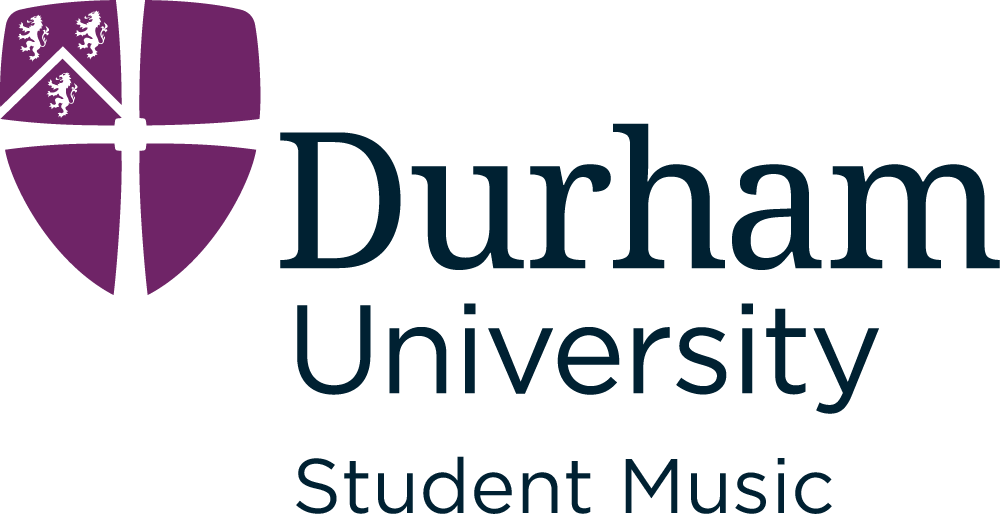Gamelan Society
The Gamelan Society provides an ideal opportunity to journey to the heart of Indonesia, without having to travel beyond Durham! The group specializes in traditional gamelan music from Central Java, played on a large array of tuned gongs, glockenspiel-type instruments of varying shapes and sizes, and drums.
Founded in the early 1980s, The Durham Gamelan Society has continued to thrive since those early days, meeting every Wednesday afternoon for friendly, informal practices and regularly giving performances in the region. The Society is led by Paul Fletcher, who first joined in 1987, when he himself was a Durham University student.
The Society is open to all and is a mix of university students and staff and community members. No prior musical experience is required. There is no physical barrier to playing and a group of adults who thought they were unmusical, or a group of young children, or anyone else, can be playing real music within the space of a short workshop – although, at the same time, there is an infinite amount to learn! The group is informal and friendly and puts on regular performances.
Email: s.r.s.mills@durham.ac.uk
P’ungmul Society
The Durham P’ungmul Society specialises in traditional percussion music from South Korea, played on the Music Department’s collection of Korean instruments – kkwaenggwari hand gongs, jing gongs, janggu hourglass-shaped drums, and buk barrel drums. Pungmul is loud, celebratory music with strong rhythms to dance to! In pre-industrial Korea, pungmul featured prominently in agricultural village life. Now, in super-modern 21st century Korea, it’s popular once again – enjoyed for its power to foster close-knit community. While the basic techniques and repertoire can be learnt quite quickly, there’s plenty of room to develop more advanced techniques. The group has always enjoyed a diverse membership, welcoming people from all departments and the local community. We hold our sessions in the Music Department concert hall where there’s plenty of room to practice basic choreography; much of the repertoire involves stepping, jumping and spinning in time with the beats. The society also enjoy a close relationship with the Oriental Museum and regularly contribute to family-oriented events there, such as the Lantern Festival (to celebrate the Lunar New Year) and Buddha's Birthday.
Email: s.r.s.mills@durham.ac.uk
Raga Appreciation Society at Durham
Ragas, melodies bound by typical musical phrases, are primarily grounded in the human listening experience but branch out to other senses. Raga Appreciation Society at Durham (RASAD) — rasad in Hindi meaning, the source of 'ras' (aesthetic flavour/ essence) — aims to spread the essence of ragas through exploring its multifaceted meanings. Anyone connected with RASAD could expect to gain insights not only into South Asian and allied diasporic music and sound cultures but also its history and practise.
President: Nashra Ahmad
Email: rasad@durham.ac.uk



